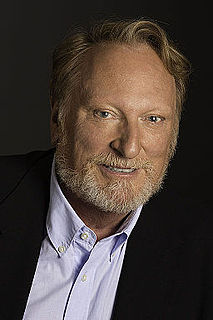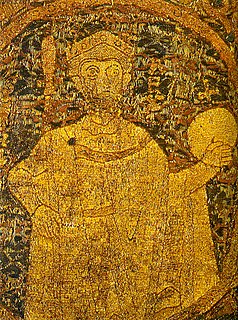A Quote by Jorge Luis Borges
Reality may avoid the obligation to be interesting, but ... hypotheses may not.
Quote Topics
Related Quotes
You will reply that reality hasn't the slightest need to be of interest. And I'll answer you that reality may avoid the obligation to be interesting, but that hypotheses may not. In the hypothesis you have postulated, chance intervenes largely. Here lies a dead rabbi; I should prefer a purely rabbinical explanation; not the imaginary mischances of an imaginary robber.
I may not be funny. I may not be a singer. I may not be a damn seamstress. I may have diabetes. I may have really bad vision. I may have one leg. I may not know how to read. I may not know who the vice president is. I may technically be an alien of the state. I may have a Zune. I may not know Excel. I may be two 9-year-olds in a trench coat. I may not have full control of my bowels. I may drive a '94 Honda Civic. I may not “get” cameras. I may dye my hair with Hydrogen Peroxide. I may be afraid of trees. I may be on fire right now. But I'm a fierce queen.
Any action coming out of unconsciousness is sin. The action may look virtuous, but it cannot be. You may create a beautiful facade, a character, a certain virtuousness; you may speak the truth, you may avoid lies; you may try to be moral, and so on and so forth. But if all this is coming from unconsciousness, it is all sin.
Be humble in this life, that God may raise you up in the next. Be truly moderate and do not punish or condemn anyone immoderately. Be gentle so that you may never oppose justice. Be honorable so that you may never voluntarily bring disgrace upon anyone. Be chaste so that you may avoid all the foulness of lust like the pangs of death.
I may say that here, as in most cases where the operations of nature interfere with the designs of man, it is not by a direct intervention on our part that we may remedy the difficulties, but rather by a precise knowledge of their causes, which may enable us, if not to check, at least to avoid the evil consequences.
In experimental philosophy, we are to look upon propositions inferred by general induction from phenomena as accurately or very nearly true, notwithstanding any contrary hypotheses that may be imagined, till such time as other phenomena occur by which they may either be made more accurate or liable to exceptions.
We shall do better to abandon the whole attempt to learn the truthunless we can trust to the human mind's having such a powerof guessing right that before very many hypotheses shall have been tried, intelligent guessing may be expected to lead us to one which will support all tests, leaving the vast majority of possible hypotheses unexamined.




































